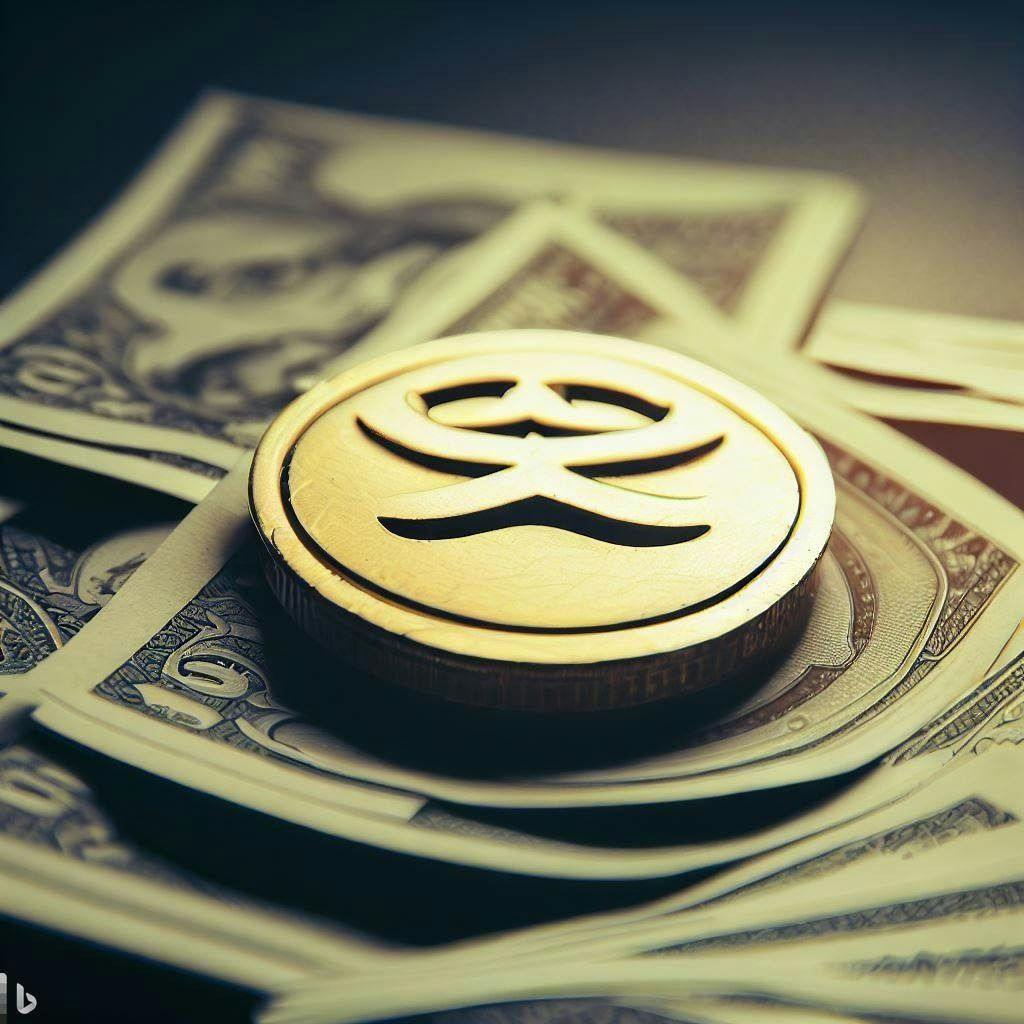255 reads
Karma: an ERC20-compatible Alternative Money on the Ethereum Blockchain
by
September 11th, 2023
Audio Presented by
Story's Credibility



About Author
Developer, Tech Writer, my GitHub profile: https://github.com/TheBojda
Comments
TOPICS
Related Stories
25 Stories To Learn About Erc20
Dec 22, 2023
25 Stories To Learn About Erc20
Dec 22, 2023

